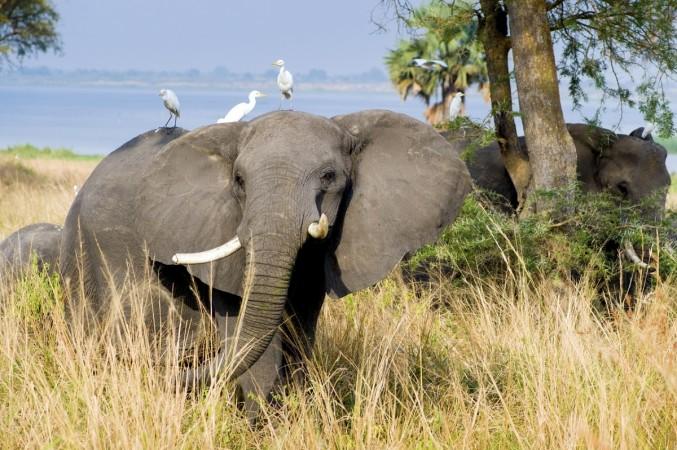
Animals, especially mammals that are not necessarily nocturnal, have been spotted staying up later at night and working just so that they could avoid humans in the daytime. Animals are literally evolving away from humans.
Human activity affects animals all over the world. Loss of habitat, hunting to near extinction and climate change has been driving animal numbers down for over a hundred years now. For millions of years, mammals have been basking in the Sun, eating foraging and working during the day and sleeping at night. This has been the case since the dinosaurs were wiped out and mammals took over the planet.
Now, about 66 million years later, humans have grown to become the super predator that is destroying animals at an unprecedented rate and to survive, mammals are also shrinking away into the cover of darkness, a new study has found.
"The honeymoon in the sun may be over for mammals" writes Kaitlyn Gaynor of the University of California, Berkeley in the Conversation, the study's lead author. This first-time study aims to "measure the global effects of human disturbance on the daily activity patterns of wildlife". The team of researchers have documented what they are calling a powerful and widespread process through which mammals alter their activities near humans. Humans are literally creating an increasingly nocturnal world around themselves, she added.
At the end of the study, researchers found that, overall, 62 species were studied for their response to human disturbance- mammals were 1.36 times as nocturnal. Animals that in its natural course split daily activity between night and day, were found to increase its night activity to about 68 percent when near people. The case was similar in most other parts of the world, the study found.
In fact, the same results were noticed. "83 percent of the case studies we examined showed some increase in nocturnal activity in response to disturbance," writes Gaynor. Bears were cited as an animal that has almost completely moved to the night. Sun Bears, as the name suggests is an animal that likes to spend most of its time in the Sun. Only 20 percent of its activities were relegated to the night time. Now, Sun Bears are almost 90 percent nocturnal in the Sumatran forests.
As the human population grows and more of the Earth is populated by humans, the animals have nowhere to go, says Gaynor. A recent unrelated report pointed out that humans have destroyed almost all of the planet in terms of animals and wildlife, so it comes as no surprise that animals want to actively avoid people.
Apart from the aforementioned habitat destruction and hunting, just the mere presence of humans can put off animals, say the researchers. Human beings around animals leave a heavy psychological impact on them and these behavioural impacts are not easy to quantify. There are several animals that simply fear humans. Human beings can be large, noisy, and fearsome to many species.
The study stretched out throughout the planet, notes the report. Researchers were picking up this shift to nocturnal activity in regions as vast and unique like Tanzania, Nepal, and even Canada. Almost all animals, from tigers to bears were found to be more active in the night than during daytime. "Once the idea was on our radar, we began to see it throughout the published scientific literature," writes Gaynor.
The study was first published in the journal Science.













